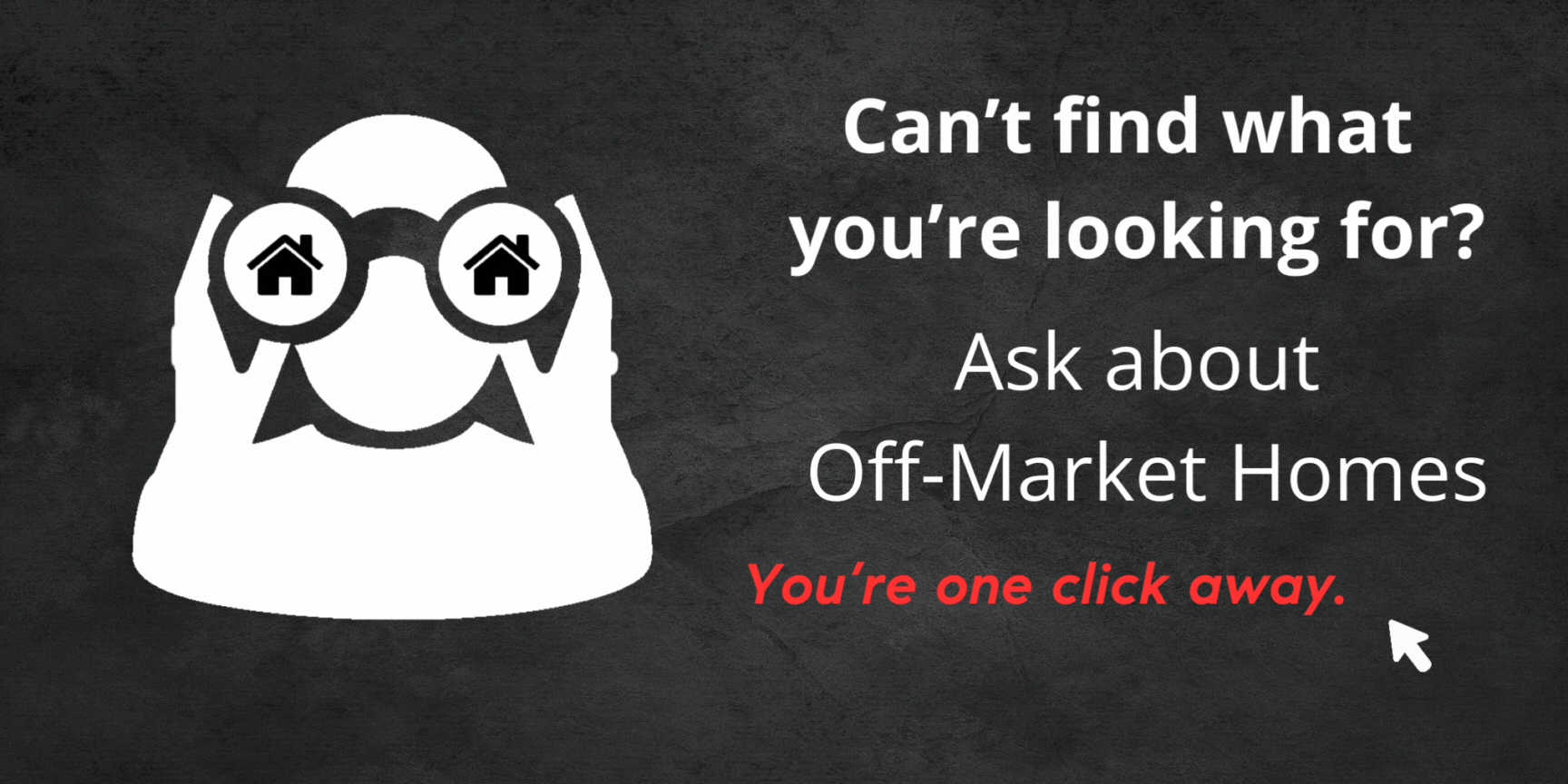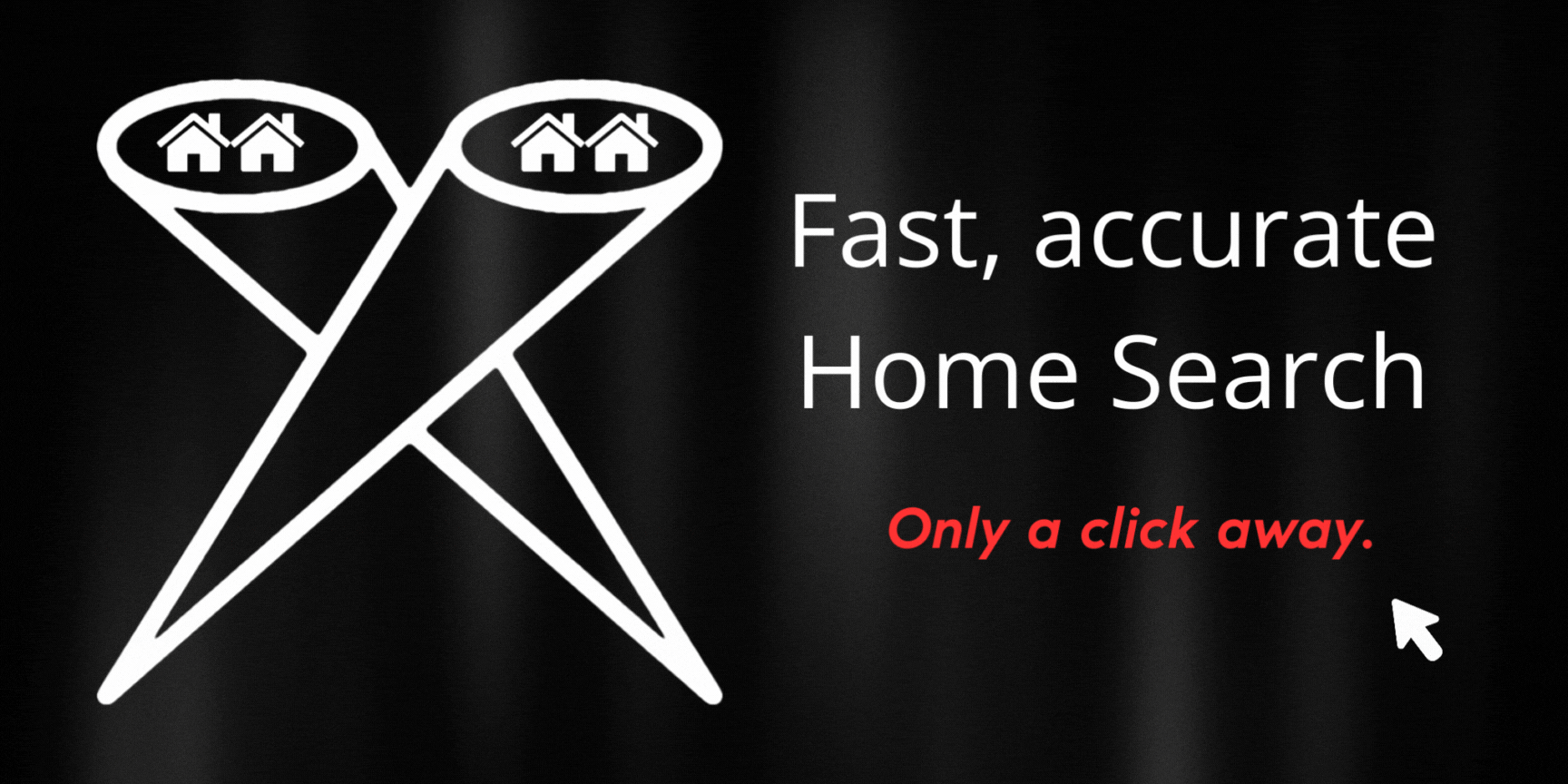If you’re planning to buy a home in the Bay Area, you may have heard about FHA loans as a potential financing option. However, there are several misconceptions surrounding these loans that can hinder people from considering them. In this article, we will debunk the top seven myths about FHA mortgages to help you gain a better understanding of this financing option and make an informed decision.
Myth 1: FHA loans are given by the government.
Contrary to popular belief, FHA loans are not directly given by the Federal Housing Administration (FHA). The FHA provides mortgage insurance to protect private lenders from delinquent borrowers. Qualified lending institutions such as banks, mortgage companies, and credit unions are the ones that offer FHA loans. The U.S. Treasury backs the loan and provides a guarantee to lenders, ensuring reimbursement in case borrowers fail to make their monthly payments. However, it is important to note that lenders have the final say in qualifying borrowers for an FHA mortgage, and the FHA does not have direct involvement in the approval process.
Myth 2: FHA loans are only for low-income borrowers.
Another common misconception is that FHA loans are exclusively for low-income home buyers. While FHA loans were originally intended to assist lower-income borrowers who may struggle to qualify for conventional mortgages, they are available to anyone who meets the qualifications set by the Federal Housing Authority. In fact, there is currently no maximum income restriction associated with FHA loans. The vetting process requires borrowers to submit proper documentation to substantiate their income and assets. Additionally, a minimum down payment of 3.5% and a reasonable credit score (preferably 620 or above) are still required for FHA loan eligibility.
Myth 3: FHA loans are only offered to first-time home buyers.
Although first-time home buyers make up a significant portion of FHA mortgage beneficiaries, FHA loans are not limited to them. Even if you’re buying your second, third, or fifth home, you can still qualify for an FHA loan. However, it’s essential to evaluate whether an FHA mortgage is the best fit for your specific circumstances. Consulting with lenders or experienced agents can provide valuable insights into determining the most suitable financing option for your needs.
Myth 4: FHA loans are for borrowers with bad credit.
While it’s true that FHA loans are popular among borrowers with less-than-perfect credit scores, the FHA allows home buyers with credit scores below 580 to apply. However, most banks and mortgage companies follow stricter guidelines for FHA loans. The FHA penalizes lenders that approve too many “bad” loans, making it challenging for borrowers with FICO scores lower than 620 to get approved. If you have concerns about your credit score, it’s advisable to understand your current standing and create a plan to improve your credit before applying for an FHA loan.
Myth 5: It is difficult to qualify for an FHA loan.
Qualifying for an FHA loan may seem daunting due to the misconception that lenders impose stricter guidelines. However, many qualified lenders are willing to provide assistance to first-time home buyers and those from underprivileged neighborhoods. Even borrowers with lower credit scores or a history of bankruptcy discharge still have a real chance at qualifying for an FHA loan. By maintaining good credit since the bankruptcy discharge and having the necessary documents in place, the chances of qualifying increase significantly. Seeking advice from experienced agents or individuals who have been approved for FHA mortgages can also enhance your preparation and chances of qualifying.
Myth 6: FHA loans are cheaper than conventional mortgages.
While there are numerous advantages to getting an FHA mortgage, including low credit and low down payment requirements, conventional loans may offer certain benefits for specific borrowers and situations. For instance, if you get approved for a conventional loan and make a minimum down payment of 20%, you can avoid paying mortgage insurance. On the other hand, FHA loans require an upfront premium and a monthly premium, regardless of the down payment amount. Although these costs may not seem overwhelming, they can accumulate significantly over time. Before deciding on an FHA loan, it’s essential to discuss the mortgage insurance premium (MIP) with your lender.
Myth 7: I can’t get an FHA loan without a credit score.
Contrary to popular belief, it is possible to obtain an FHA loan without an existing credit history. However, the requirements may be more stringent for such applicants. The FHA may impose lower debt-to-income ratios and cash reserve requirements, as well as disallow non-occupant co-borrowers in these cases. Nevertheless, borrowers can demonstrate reliability through alternative means, such as a history of on-time payments for utility bills, rent, student loans, etc. Showing at least a year of on-time payments can strengthen the application. If approved, borrowers can even secure maximum financing with a 3.5% down payment.
In conclusion, it is crucial to debunk the common misconceptions surrounding FHA loans. They are not given directly by the government, nor are they exclusive to low-income borrowers or limited to first-time home buyers. While FHA loans are attractive to borrowers with lower credit scores, they are not only for individuals with bad credit. Qualifying for an FHA loan may require effort, but it is not as difficult as perceived. Additionally, FHA loans come with their own set of costs and considerations compared to conventional mortgages. Finally, applicants can still be eligible for an FHA loan without a credit score, provided they can demonstrate reliability through alternative means. By dispelling these myths, you can make an informed decision about whether an FHA loan is the right choice for your Bay Area home purchase.




